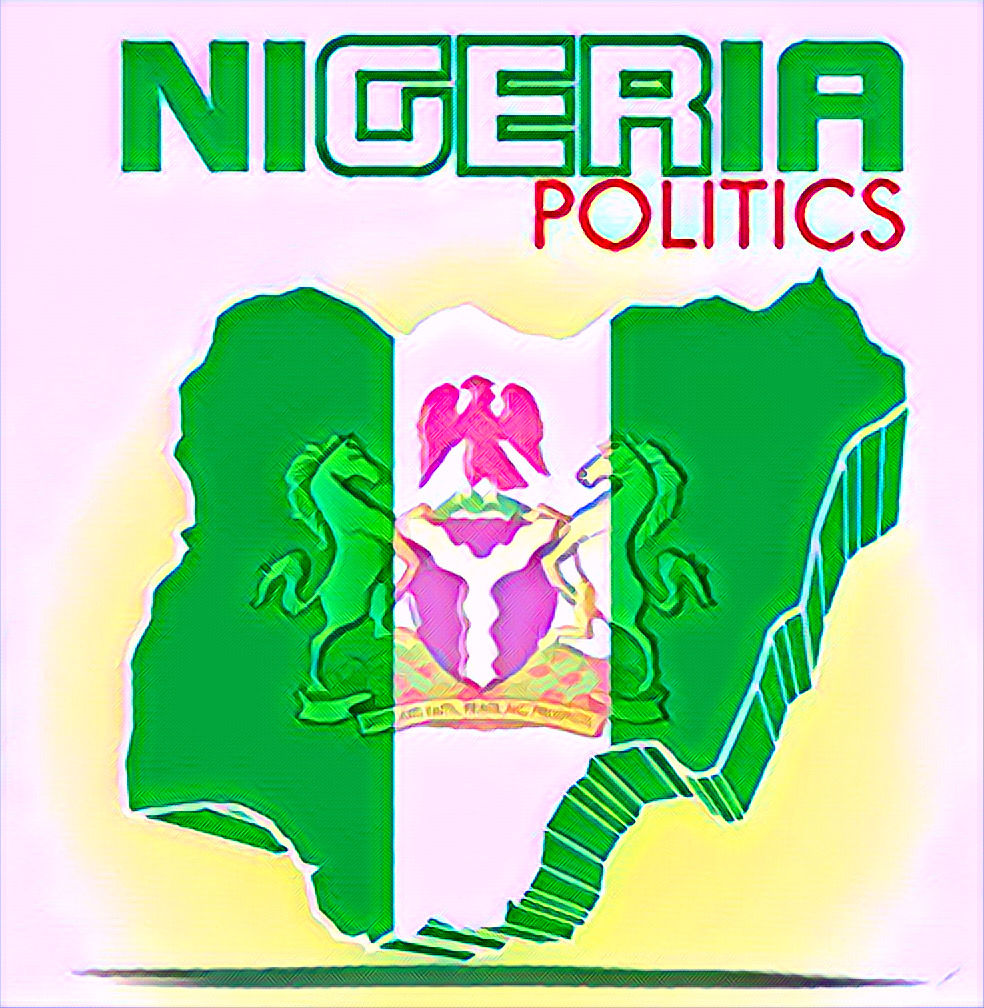Key Points
- Tribalism and religion undermine Nigeria’s unity, governance, and development.
- Reforms and interfaith dialogue can address tribalism and religious bias.
- Accountability, merit-based appointments, and education foster inclusive Nigerian politics.
Tribalism and religion have always been interwoven with Nigerian politics, frequently affecting electoral results, governmental appointments, and resource allocation.
The influence and significance of Tribalism and religion in Nigerian politics
Tribalism denotes the preference for allegiance to one’s ethnic group over the broader national interest. In Nigerian politics, tribalism frequently affects voting behaviors, political appointments, and the distribution of public resources.
According to Academia, research indicates that ethnic loyalty played a pivotal role in Nigeria’s 2023 general elections, with voting preferences in specific regions influenced by ethnic affiliations.
Ethnic partiality in appointments weakens meritocracy, since politicians assign persons from own tribes to significant government positions, resulting in inefficiency and corruption.
Religious leaders exert considerable influence over their adherents, especially during electoral campaigns, when candidates go churches, mosques, and other religious assemblies to seek endorsement.
Adverse impacts of tribalism and religion on politics
According to Legit, the impact of tribalism and religion on Nigerian politics has extensive detrimental effects. A prominent consequence is political instability and election violence.
Violence ensued in regions of northern Nigeria during the 2011 elections, resulting in fatalities and property damage
A notable consequence is the marginalization of minority groups. Political appointments frequently exhibit bias favoring predominant ethnic and religious groups, thereby marginalizing smaller communities from the decision-making process.
Ultimately, tribalism and religion undermine national unity and social cohesion. Nigerians frequently prioritize their ethnic identities as Yoruba, Hausa, or Igbo over their national identity as Nigerians.
Strategies for mitigating tribalism and religion in politics
Confronting tribalism and religion in Nigerian politics necessitates audacious reforms and a transformation in public perceptions. Constitutional and electoral reforms can enhance equitable representation. Nigeria’s Federal Character Principle seeks to guarantee equitable allocation of government positions among various ethnic groups.
Advancing peacebuilding and interfaith dialogue is essential. Inter dialogue among diverse ethnic and religious communities promotes comprehension and reconciliation. The Interfaith Mediation Centre in Kaduna has illustrated how such initiatives can mitigate religious conflict and foster harmonious cohabitation.
Involving religious and traditional leaders in peacebuilding initiatives has demonstrated efficacy in reconciling ethno-religious divisions.
Ultimately, economic empowerment and poverty alleviation might diminish citizens’ need on tribal or religious patronage. When citizens possess access to employment and resources, they are less susceptible to manipulation by politicians who use ethnic or religious emotions.
Programs for skill development, youth employment initiatives, and equitable access to credit and resources might diminish the allure of tribalism as a means of survival.
The pursuit of inclusive governance necessitates dedication from all stakeholders, encompassing government institutions, political parties, traditional leaders, civil society organizations, and the populace. Through the promotion of equity, transparency, and meritocracy, Nigeria can attain political stability, social cohesion, and national unity.


